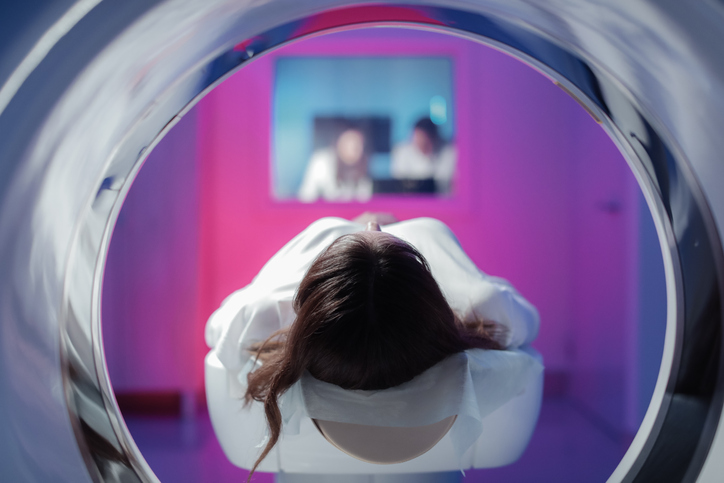Magnetic resonance imaging (MRI) is an essential tool that healthcare providers use to diagnose and treat various conditions. It provides highly detailed images of what is going on inside the body and how multiple systems work with each other. It is painless and one of the safest, most effective imaging techniques available. However, if you have a pacemaker installed, there are some unique concerns to address.
Intermountain Medical Imaging is a leading provider of MRIs in the Boise area and a trusted choice for patients in need of diagnostic testing and treatment, including those with pacemakers. We want you to be aware of some of the issues concerning pacemakers and MRIs and the steps we take to ensure your safety.
Conditions That May Prompt Your Healthcare Provider to Order Magnetic Resonance Imaging (MRI)
Magnetic resonance imaging (MRI) relies on magnetic fields and radio waves, which create signals that are translated by computer into cross-sectional images. These images serve as slices that, when put together, provide a three-dimensional look at various body parts, organs, and systems. Our radiologists then interpret the images obtained and forward them to your physician, who uses them as part of their diagnosis and treatment.
MRIs are one of the most popular types of medical testing and are used on millions of patients each year. Common conditions that may prompt your doctor to order an MRI include:
- Abdominal and digestive tract issues;
- Back and neck problems, such as issues concerning the discs or vertebrae;
- Brain disorders, such as tumors or signs of dementia, as well as traumatic brain injuries (TBI) due to accidents;
- Cancer and precancerous conditions;
- Heart disease and problems with the veins or arteries;
- Heart defects and other congenital issues;
- Pelvic and reproductive issues with women;
- Prostate problems in men;
- Respiratory issues and lung disease;
- Spinal column or cord injuries and conditions impacting the discs;
- Soft tissue injuries, impacting muscles, tendons, and ligaments;
- Vision disturbances, sensory impairments, and other common types of disorders.
Concerns over MRIs and Pacemakers
As one of the preferred testing procedures among medical providers, MRIs at Intermountain Medical Imaging are conducted on a daily basis. It is entirely safe and highly effective for people of all ages and in various types of health. However, there are concerns regarding MRIs and patients who have had pacemakers implanted that require additional precautions.
The magnetic waves and radio frequencies generated by an MRI have the potential to impact the functioning of pacemakers. Potential problems that could arise as a result include:
- Damage to the pacemaker’s components;
- Decrease in pacemaker functions;
- Triggering of more rapid pacing;
- Potential for inappropriate shocks.
These are serious problems, but MRIs’ effectiveness in diagnosis and treatment makes refraining from using them in patients with pacemakers, not an option. Roughly 75 percent of all people with pacemakers will likely need an MRI at some point in their lives. Making MRIs safer for these patients is something medical device makers, the medical community at large, and our radiologists have strived to address.
Protecting the Safety of Pacemaker Patients During MRIs
In the past, doctors steered away from ordering MRIs for patients with pacemakers, often opting for computed tomography (CT) scans instead. However, in recent years advances in knowledge and the design of pacemaker devices provide additional protection.
Giving MRIs to patients with pacemakers still needs to be approached with caution, but there are protocols in place to help reduce your risks. These include:
- Setting the pacemaker to safe mode before conducting your MRI;
- Monitoring the patients via EKG throughout the procedure;
- Having nurses and technicians specially trained in conducting MRIs on patients with pacemakers;
- Testing and reprogramming the pacemaker to original settings once the MRI is completed.
These precautions help to reduce the risks associated with pacemakers and MRIs. However, if your pacemaker was implanted recently, it may not be an issue. MRI-safe pacemakers were recently approved and are now standardly used in new pacemaker implants.
Contact Us Today for Help
For more than 20 years, Intermountain Medical Imaging has been a trusted provider of MRI services for patients throughout the Boise area. You can count on our radiologists to consult with your doctor in determining the type of pacemaker you have and what precautions are needed to conduct your MRI in the safest manner possible. For more information, call or contact our IMI offices online today.
